Publications
Contact Us
Subscribe
Reclaiming the Future: Rethinking Peace and Transitional Justice with Afghan Youth Amid Deepening Existential Threats
This policy paper examines the perspectives and experiences of Afghan youth as vital stakeholders in Afghanistan’s future to provide a bottom-up roadmap for peacebuilding in Afghanistan. Afghan youth have been continually marginalized from the Doha process and the culmination of the talks through U.N.-led frameworks, again taking place in Doha, including initiatives like the Mosaic. To inform these frameworks, the paper highlights their critical role in shaping Afghanistan’s future. Aligned with the Declaration for Future Generations, United Nations Security Council Youth, Peace, and Security Resolution 2250 this paper draws from: (i) two experts panels hosted at Princeton Afghanistan Policy Lab with international and Afghan transitional justice experts, (ii) 25 in-depth survey-interviews conducted online with Afghan youth in Afghanistan, and those recently exiled in Europe, North America, and Central Asia and (iii) desk research of pertaining documents and frameworks.
A Holistic Framework for Educating Girls in Taliban-Controlled Afghanistan
This policy brief provides a detailed analysis of the current education system under Taliban rule. The education system in Afghanistan has undergone a profound crisis since the Taliban’s return to power, with the most severe impact felt by girls and women. The Taliban’s restrictive policies and ideological control have dismantled previous educational progress, limiting access, quality, and inclusivity. This brief examines the current state of education under Taliban rule, highlighting the structural, cultural, and political challenges that have undermined the right to learn. It also outlines policy recommendations aimed at preserving education through alternative models and fostering international coordination to safeguard the future of Afghan youth, particularly women and girls.

An Investigation Report: Supporting Afghan Women Protesters
This investigation report documents the narratives of Afghan women protesting the Taliban's misogynistic policies while living in desperate conditions both within Afghanistan and in neighboring countries. The report is based on desk research and interviews conducted with eight Afghan women protesters who were imprisoned by the Taliban.
To protect their identities and ensure their safety, the author did not disclose the names or other identifying details of the victims. The interviews confirmed allegations reported by various public sources. These women's stories are deeply distressing and reflect severe violations of basic human rights. The psychological suffering these women have experienced is overwhelming, often leading to isolation within society and even within their own families and communities. The victims suffer from intense pain and struggle to find peace. The experiences shared by these women involve inhumane treatment that violates international laws and conventions and strips away fundamental human dignity.

Assessing Key Trends in The Afghan Economy Three Years into The Taliban Rule
In this policy research paper, APL Fellow Aman Farahi analyzes key trends in assessing Afghanistan's economy following the Taliban's takeover. According to his research study, Afghanistan's economy remains stagnant and fragile three years into Taliban rule.
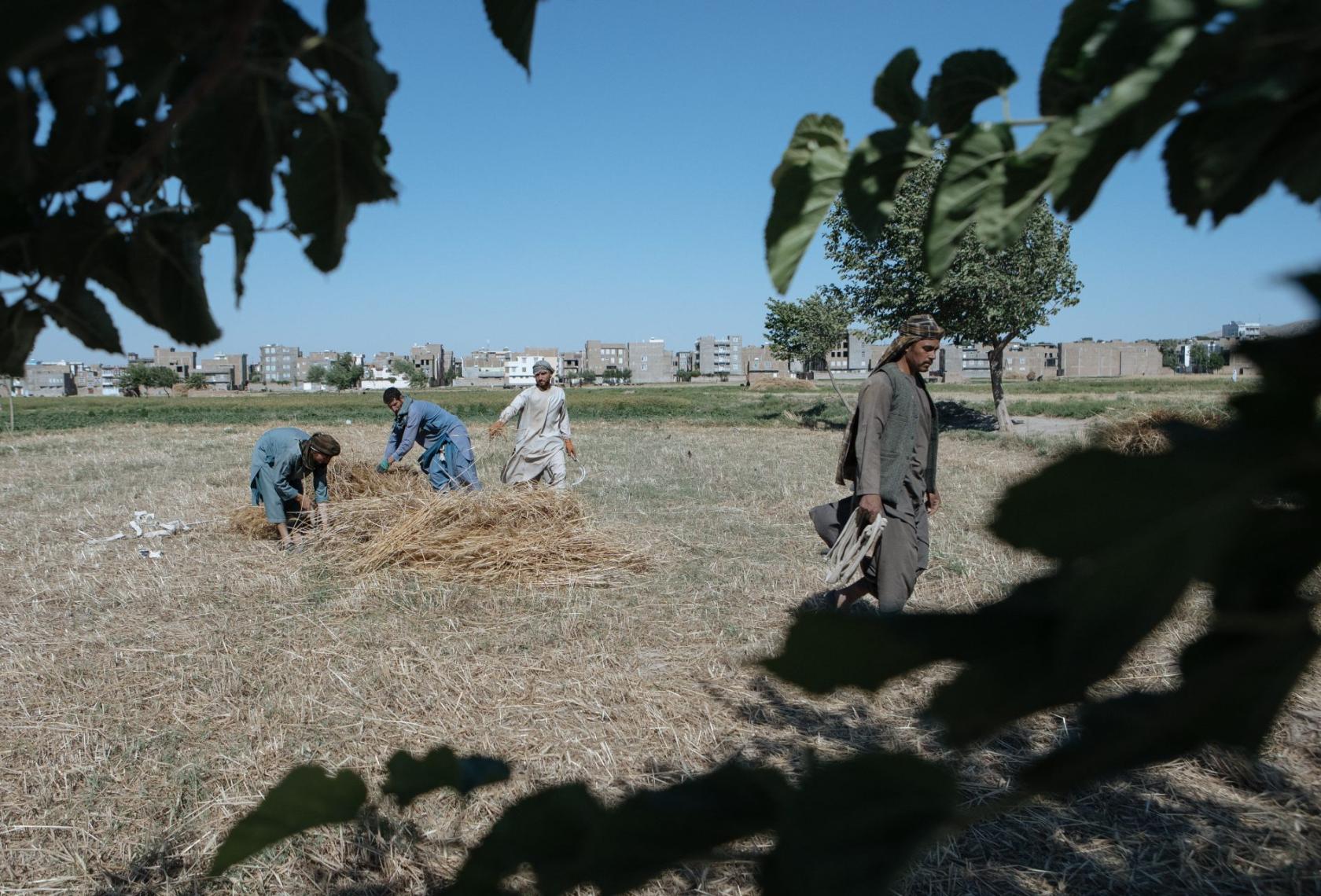
The Correlates of Food Insecurity in Afghanistan
Written by Ahmad Zia Wahdat, nonresident fellow, Afghanistan Policy Lab. This research report uses data from the 2022 Whole of Afghanistan Assessment to identify key sociodemographic factors related to food insecurity and hunger in Afghanistan. The findings underscore the multifaceted nature of food insecurity, emphasizing the importance of addressing not only socioeconomic variables but also infrastructure and housing conditions.
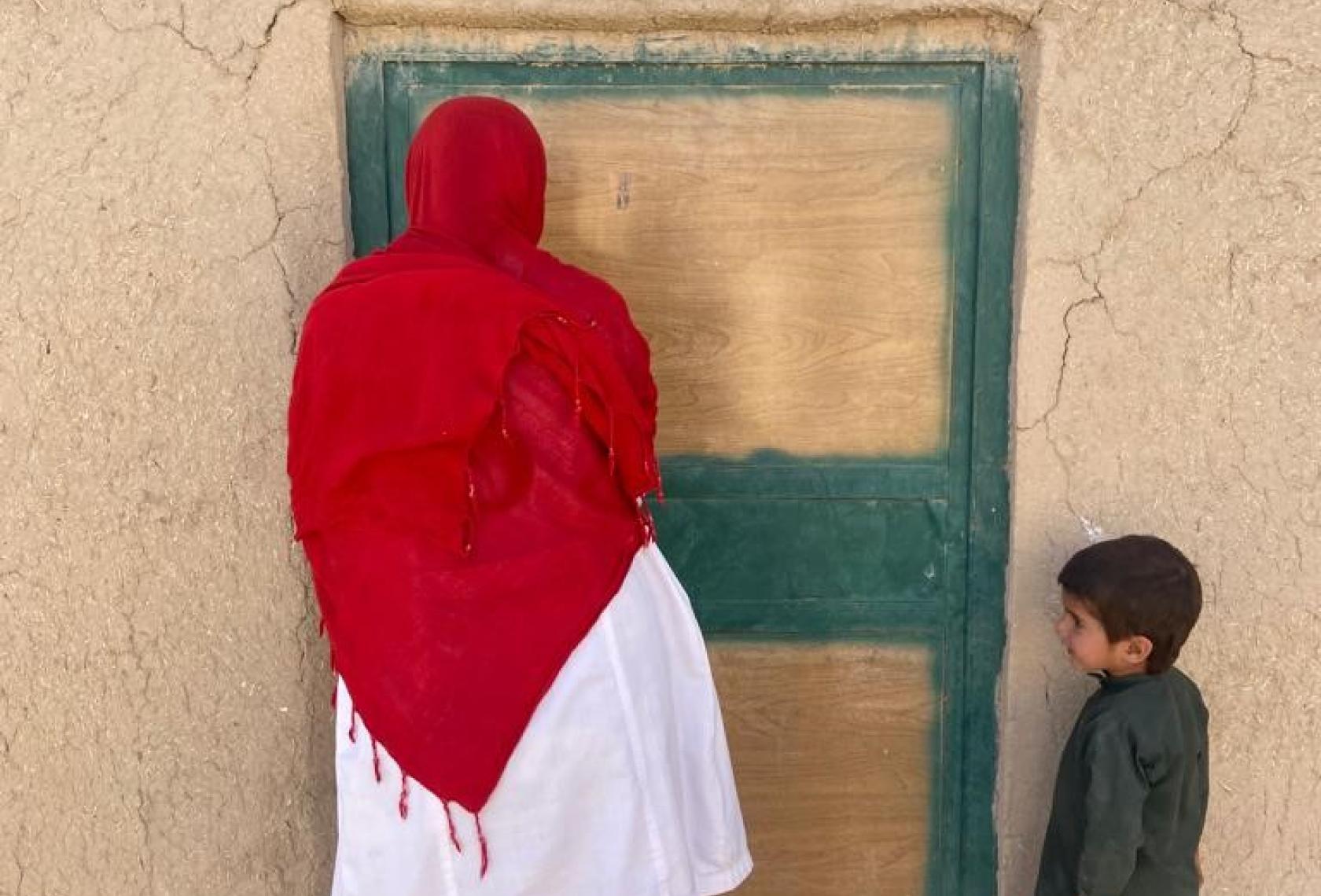
Adapting and Sustaining: Responses to the Taliban Takeover and Health System Disruption in Afghanistan
Authored by Mustafa Basij Rasikh, Elisa S Dickey, Alyssa B Sharkey. This research examines the effects of the Taliban takeover in August 2021 on health care delivery and management in Afghanistan, highlighting factors that facilitated and hindered continuity of services in the immediate aftermath of the transition. To do so, the paper relied on qualitative interviews with key informants operating at different levels in the Afghan health care system, including frontline workers, international organization staff, NGO staff, and other individuals who observed first hand the effects of the government transition on healthcare delivery across the country.
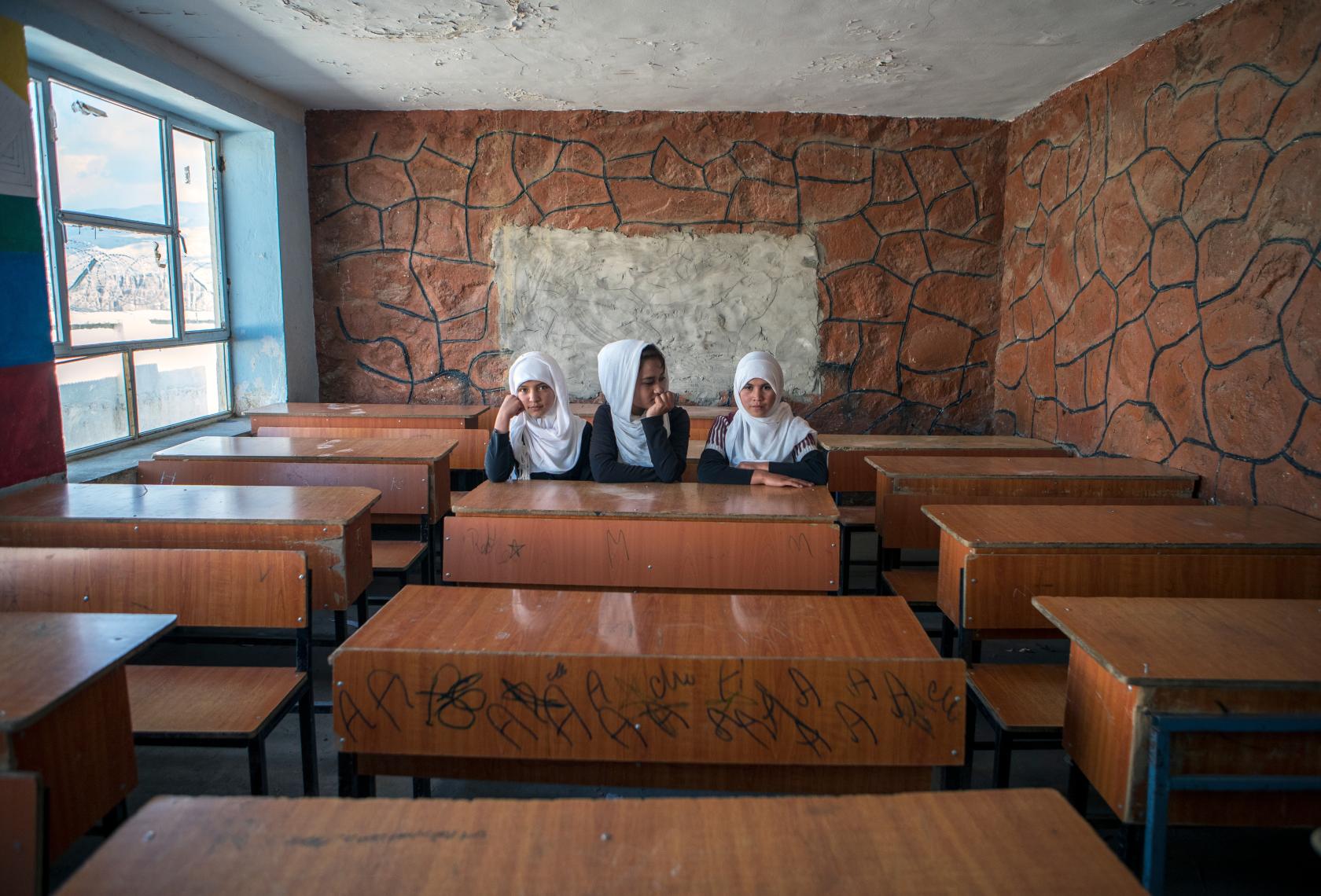
The War on Schoolgirls: Responding to the Education Crisis in Afghanistan
In Afghanistan over the past four decades, educational opportunities, especially for girls, have been limited. Chronic poverty, war, insecurity, and cultural norms have all impeded girls' access to education. This brief relies on primary source interviews to analyze the barriers to education for girls in Afghanistan and to assess the impacts on Afghan society of Taliban restrictions.
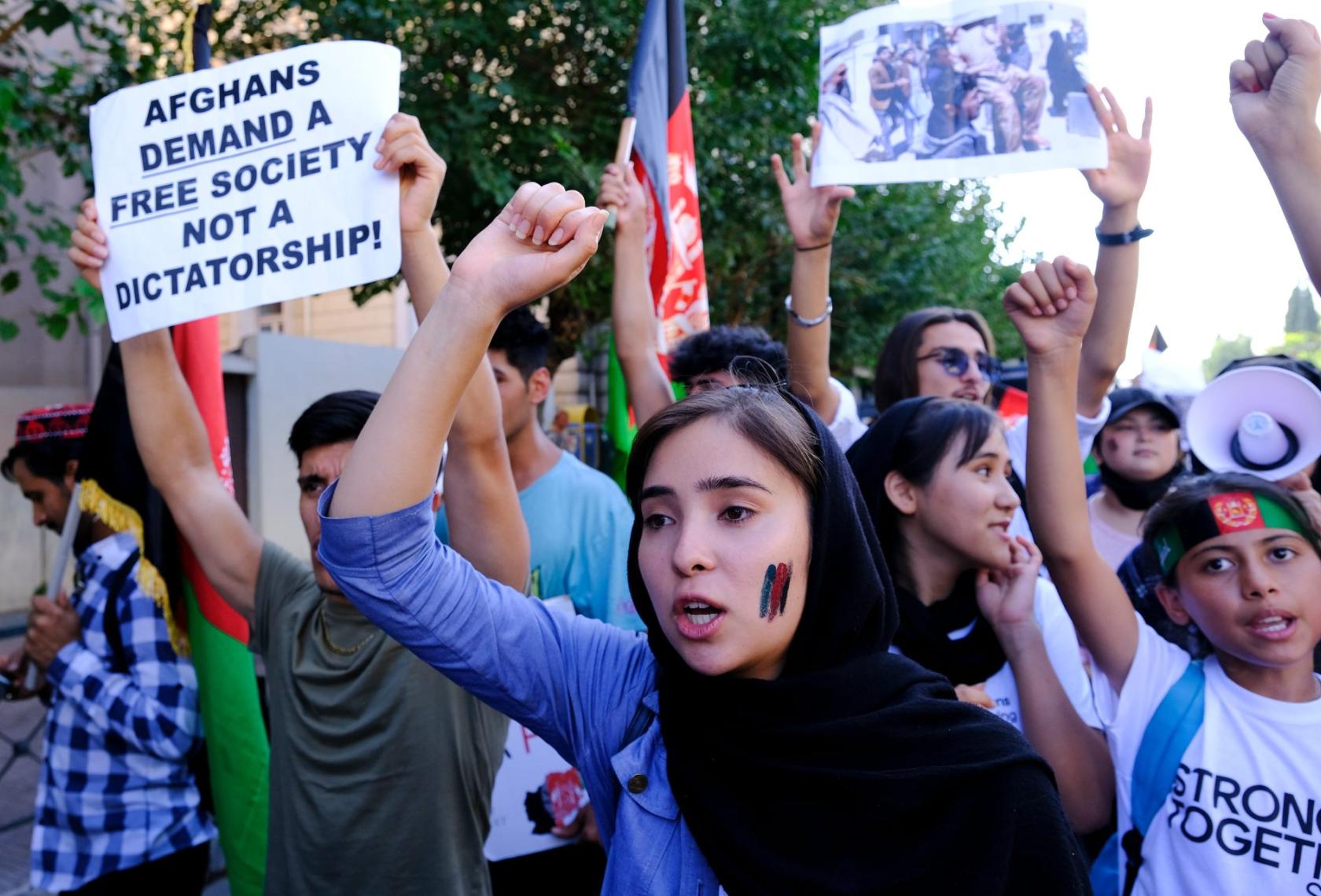
Insecurity in the Physical and Virtual Spheres: Violence, Repression, and Activism in Afghanistan
Following the drawdown of foreign forces from Afghanistan in 2014 and the complete takeover by the Taliban in August 2021, the space for activism in Afghanistan has been significantly restricted. This policy brief aims to shed light on the transition of activism in Afghanistan from the physical sphere to the virtual sphere, the various factors that played a role in that shift, and the current state of repression faced by activists.
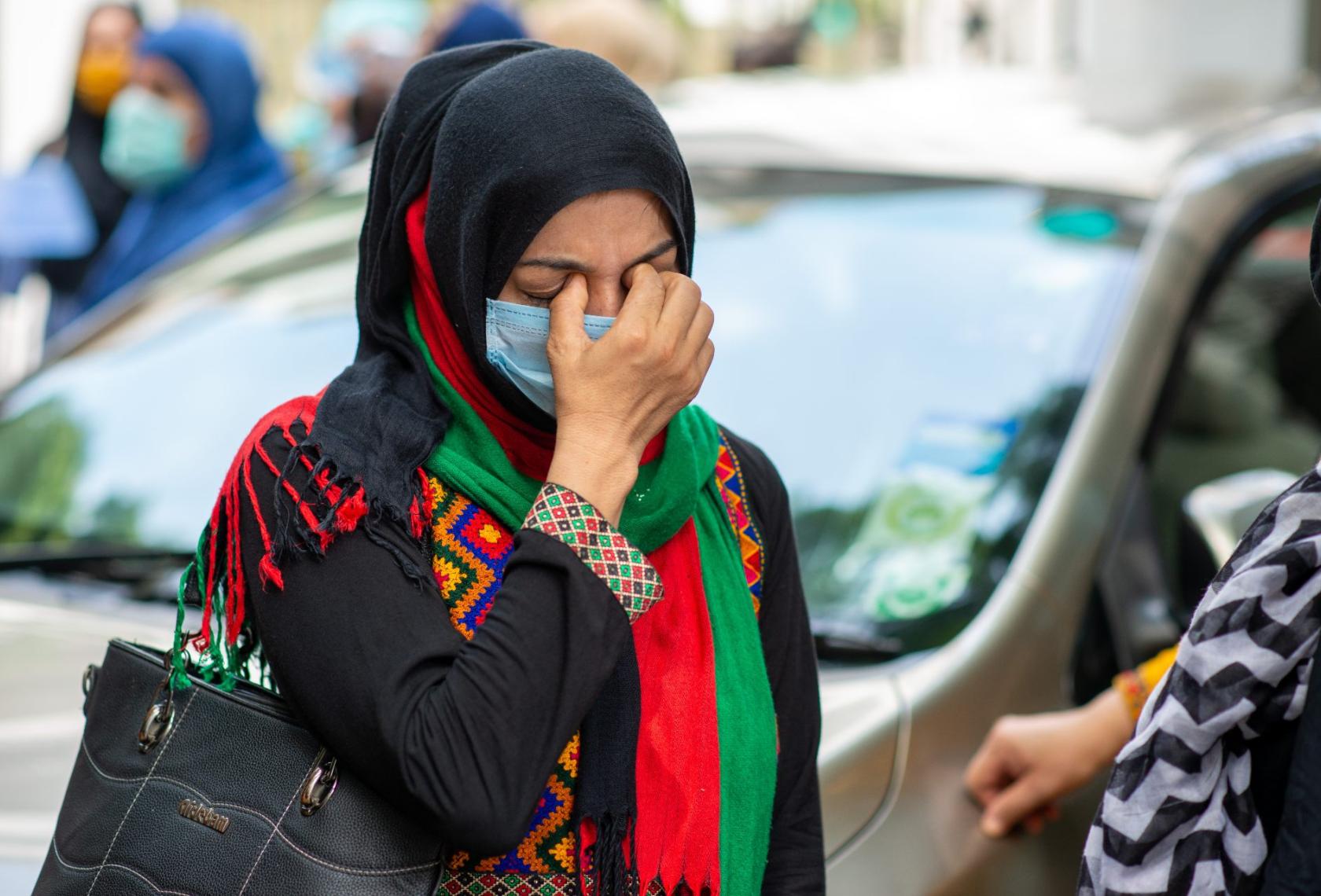
The Collapse of the Civic Space in Afghanistan And Supporting the Fight To Reclaim It
Civil society activity in Afghanistan has been significantly constrained since the Taliban regained control of the country in August 2021. This policy brief analyzes how the Taliban has constrained the civic space in Afghanistan.

Humanitarian Assistance at a Crossroads
More than 18 months after the Taliban seized control of Afghanistan, the country remains gripped in one of the world’s worst humanitarian crises. This brief provides an overview of the existing challenges and the dilemma facing international donors and their implementing partners operating in Afghanistan.
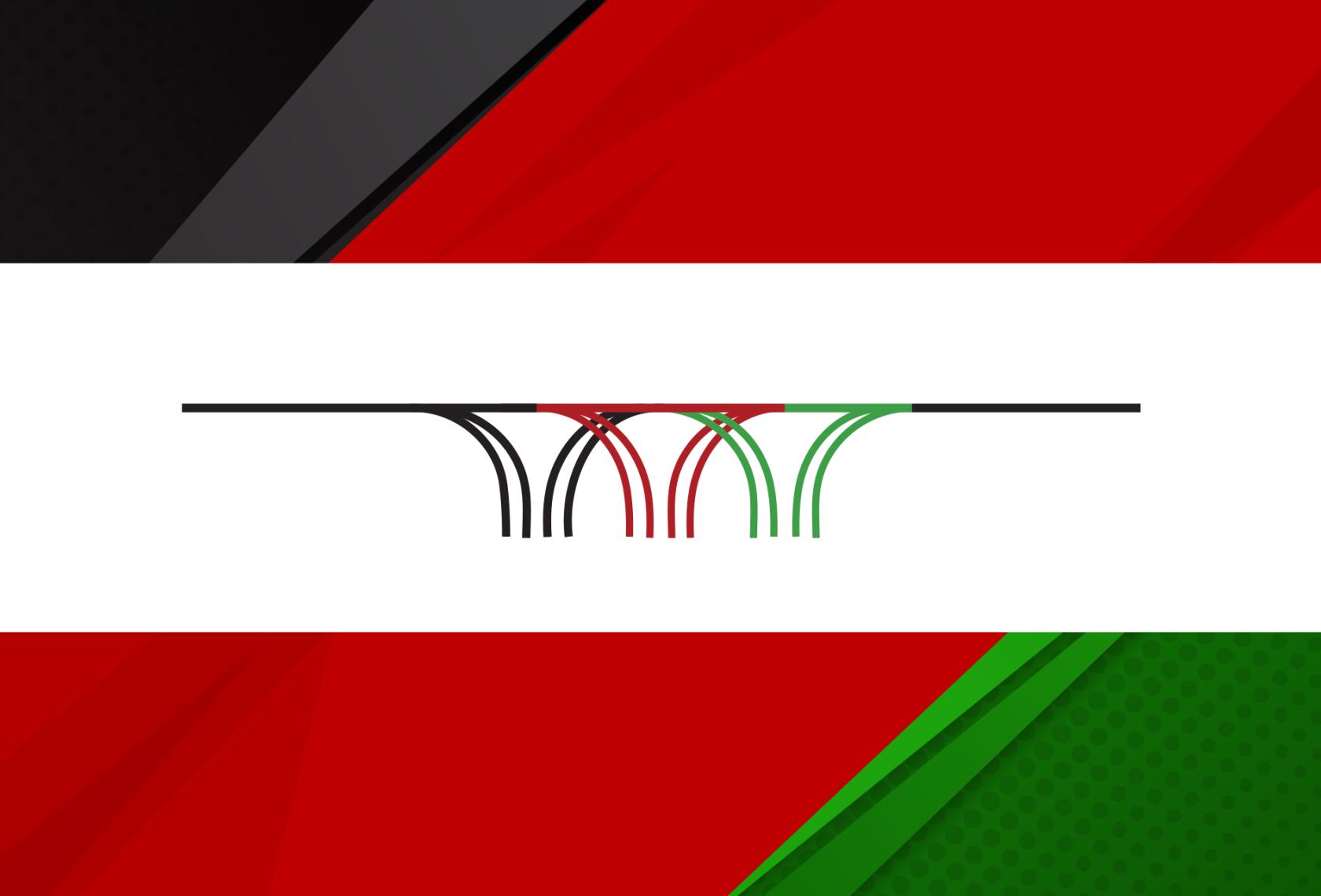
Afghanistan Under the Taliban: A State of “Gender Apartheid”?
Since the Taliban takeover of Afghanistan in August 2021, Afghan women and girls have suffered a severe rollback of rights, from denial of education to restrictions on movement to a lack of participation in the economy. Considering the significance of the matter, Afghanistan Policy Lab conducted a policy paper Afghanistan Under the Taliban: A State of "Gender Apartheid"?, where we discussed the scope and impact of directives and restrictions issued by the Taliban on women and girls. In our analysis, we examined how these actions violate international human rights norms and guarantees made by the previous Afghan government under its National Action Plan.

